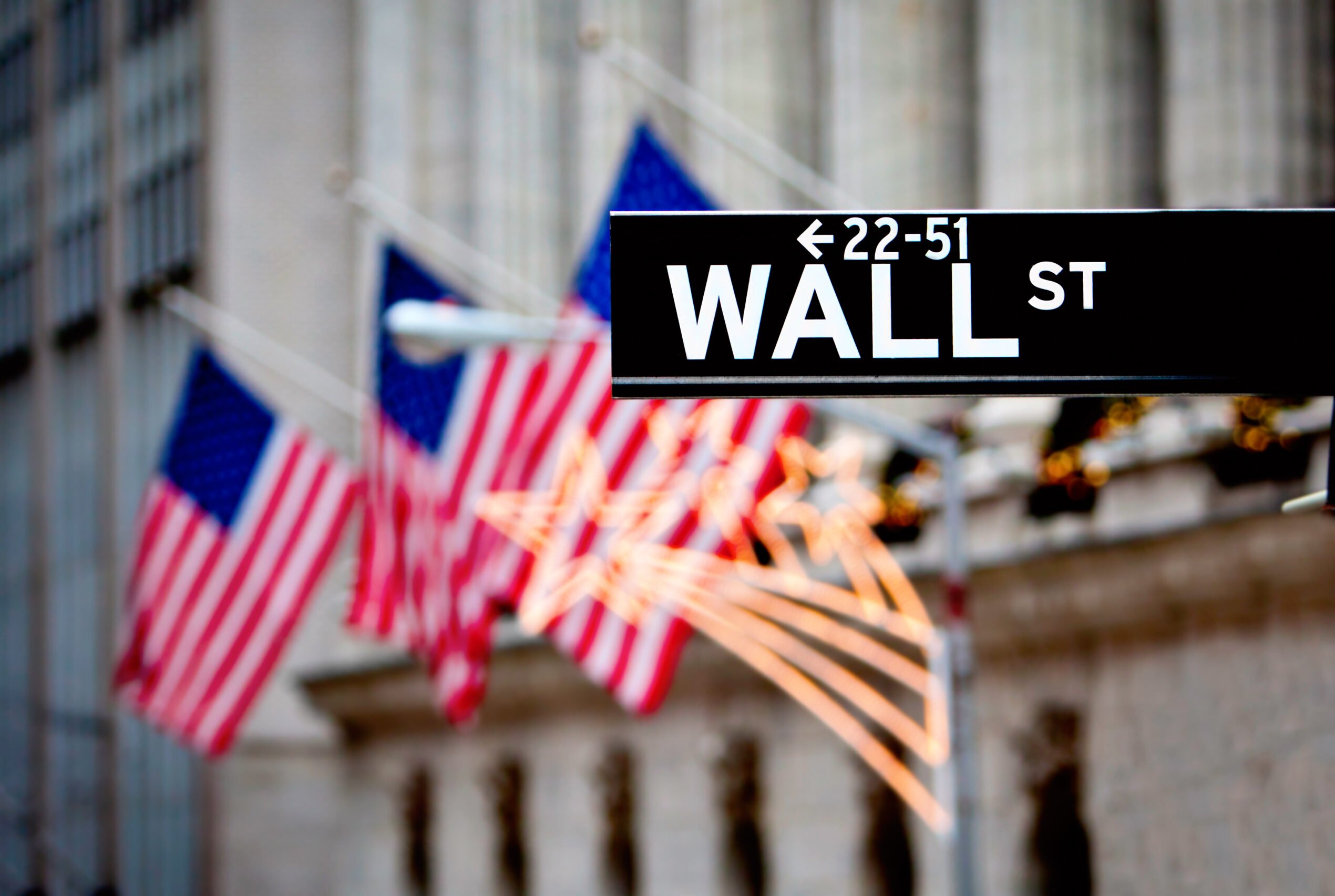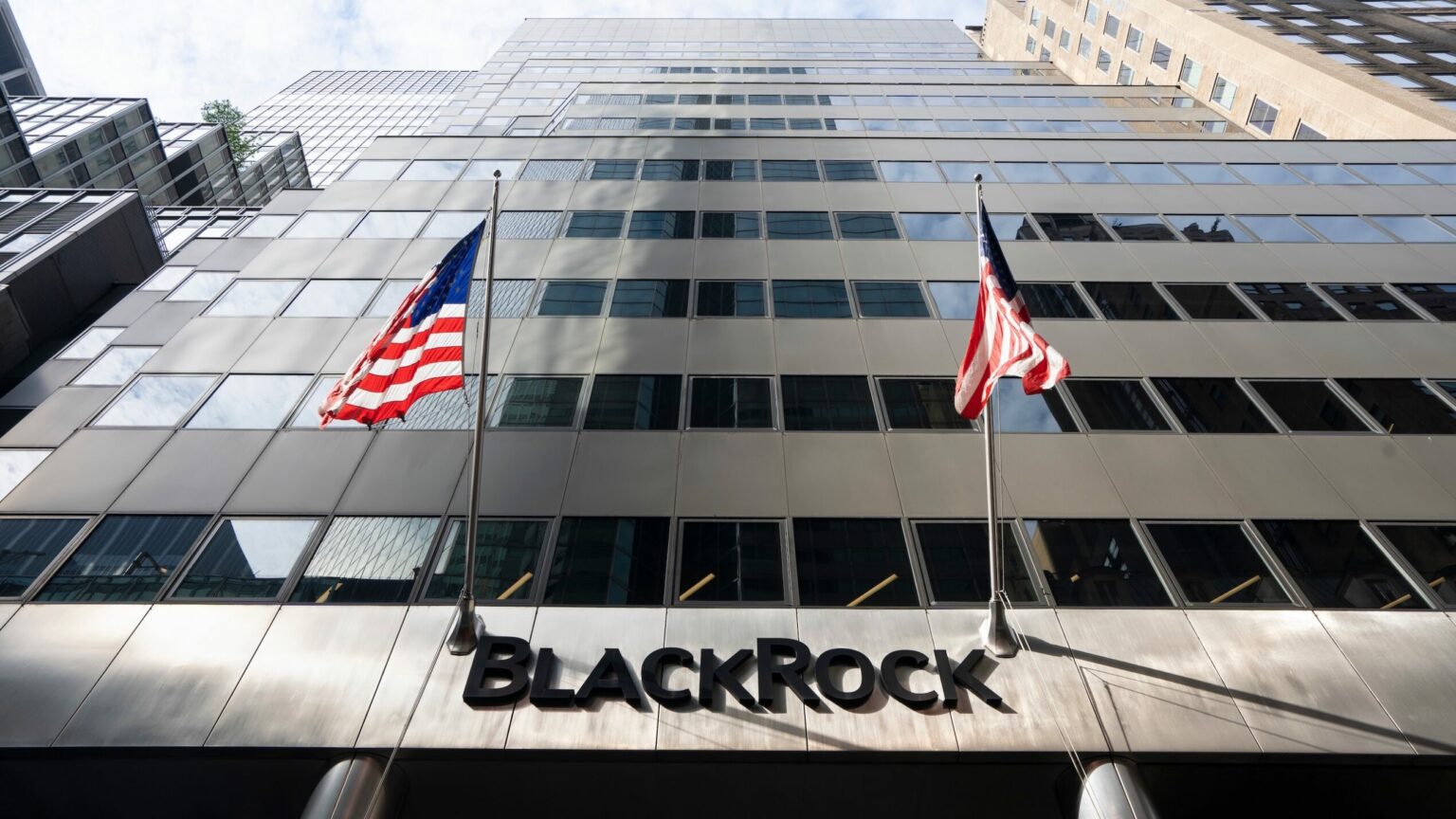New York-based financial services group BlackRock has launched a thematic equity fund aimed at tech companies molding the development of the metaverse.
The fund is linked to Morningstar Global Metaverse & Virtual Interaction Select Index, which selects constituents from a wide range of stocks from developed and emerging markets.
A company must have a total market capitalization above $300 million and an average daily trading volume more than $2m in order to be eligible for inclusion.
Also read: Is Your Privacy Protected in the Metaverse?
Seventh US metaverse ETF gets rolling
Writing for ETF Strategy, James Lord says the iShares Future Tech and Communications ETF (IVRS US) has been listed on the NYSE Arca with an expense ratio of 0.47%.
According to its prospectus, Morningstar’s Global Equity Research is responsible for assigning each company six thematic relevance scores. Each must be related to a specific metaverse-related sub-theme. These include Metaverse Platforms, Wearable Technology and VR/AR, Enhanced Social Media, Immersive Gaming, 3D Rendering and Simulation Software, as well as Digital Assets & Payments.
Scores ranging from from zero to three or four represents a forward-looking assessment of the potential for a firm to derive significant economic benefits from that sub-theme. This is reflected by the percentage of total company revenue estimated to be derived from that sub-theme in five years.

Further, the index selects all ‘tier 1’ companies. These are firms with an aggregate exposure score of three or four and an overall revenue exposure of at least 25% towards the metaverse theme.
The index selects ‘tier 2’ companies in the event that less than 50 firms have been selected for the first tier.
Constituents are weighted by float-adjusted market cap subject to individual stock caps of 6% and 3% for first and second-tier constituents, respectively. And an aggregate cap of 20% on all tier-2 stocks.
The index is reconstituted on an annual basis in December, with buffer rules helping to limit unnecessary turnover.
The fund becomes the seventh ETF in the US to target the development of the metaverse. At $430 million, the Roundhill Ball Metaverse ETF (METV US) is the largest with an expense ratio of 0.75%. The cheapest is the $10 million Fidelity Metaverse ETF (FMET US) which costs 0.39%.
Mixed investor interest
According to BlackRock, its fund will go towards companies that contribute in the development of virtual platforms, gaming, 3D software, digital assets, social media, and virtual and augmented reality.
The top five tech firms included in the holdings are Meta Platforms, Apple, Nvidia, Netease, and Roblox.
Since Neal Stephenson coined the term metaverse in 1992, the concept has grown and Mark Zuckerberg even rebranded his company to Meta from Facebook.
But a survey by KPMG shows that while over 90% of investors still believe the metaverse is the next phase of the internet, a large portion remain cautious on the back of regulatory, adoption, and privacy concerns.
Although tech giants like Microsoft and Meta were enthusiastic about the metaverse during the bull run, they have slowed their funding of virtual spaces.
Microsoft recently ended its project to encourage the use of the metaverse in industrial environments just four months after it was formed. Elsewhere, Meta lost about $14 billion in its Facebook Reality Labs division.
Nevertheless, BlackRock still sees potential in the concept and is positioning itself accordingly.
“(The metaverse)…is much like the internet of the early 1990s or the smartphone of the early 2000s. We expect it is going to be big and very likely change people’s daily lives,” said BlackRock Technology Opportunities Fund co-portfolio manager Reid Menge in a blog post.
ETFs, an olive branch for BlackRock
BlackRock predicts that bond ETF assets industry-wide will more than double to $5 trillion in 2030, from $1.8 trillion.
The world’s largest money manager sees ETFs as a significant revenue driver, and is capitalizing on growing interest among wealth managers and other asset managers in using ETFs instead of, or in addition to, buying bonds directly.
During the period from March last year to the end of January, there were $146 billion net flows into BlackRock’s fixed-income ETFs, while competitors took in $134 billion.
During the fourth quarter to December 31, 2022, BlackRock recorded $300 billion of net inflows in positive organic base fee growth in 2022. The financial services group generated $230 billion of long-term net inflows in the US alone.
Flows were positive across each of the group’s three regions and iShares led the global ETF industry with $220 billion of net inflows, including record flows into bond ETF, according to chairman and chief executive officer (CEO) Laurence Fink.
The group ended the year with no shortage of momentum, generating $114bn of Q4 net inflows, representing 3% annualized organic base fee growth strength in ETFs and significant outsourcing mandates.
“Like our clients –pensions, insurers, governments, and individual savers – BlackRock’s focus remains on investing for the long-term.
“The current environment offers incredible opportunities for long-term investors, and we enter 2023 well-positioned and confident in our ability to deliver for our clients, employees and shareholders,” said Fink , reflecting on the Q4 performance.
The fact that the world’s largest asset manager has launched a metaverse-themed ETF is certainly a positive sign for the VR gaming sector. Particularly as it coincides with data showing young people prefer spending time in the metaverse to scrolling social media.









 and then
and then